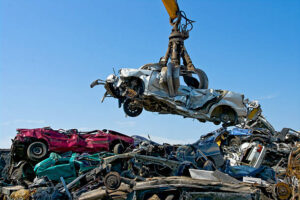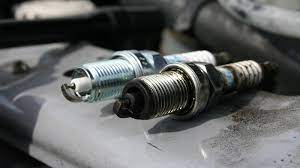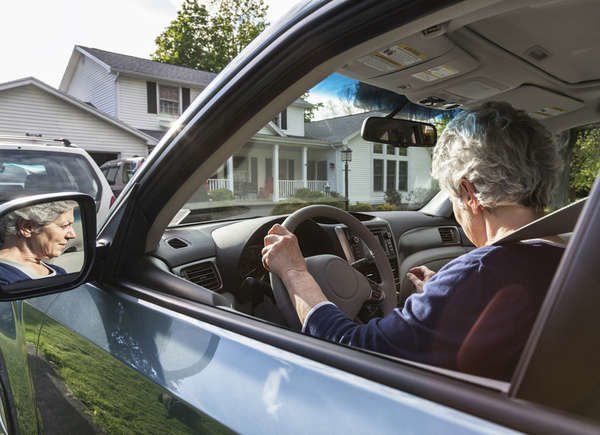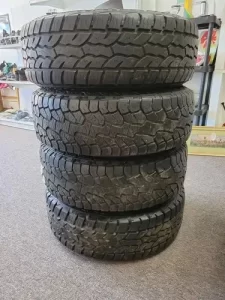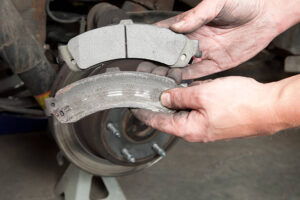
Learn what you can do every day to make a difference in the environment. There are many ways to reduce, reuse, and recycle, whether you are at work, at home, at school, at the office, or on the move.
Your home is the best place to make a difference. Find out how to reduce, reuse and recycle household waste. These tips will help you get started.
Lawn and Garden
Learn how to compost at home. To make a compost pile, you can use yard trimmings and food scraps. The compost you add to the soil will increase water retention and decrease erosion. It will also keep organic materials out of landfills.
To keep your grass roots cool and shaded during the summer heat, raise the height of the lawnmower. This will reduce weed growth and browning and require less watering.
You can save money and reduce waste if you have large garden equipment like tillers or chainsaws.
You can “grasscycle” your lawn by leaving grass clippings instead of bagging them. Instead of taking up space in the landfills, the clippings will provide nutrients back to your soil.
Donate healthy plants you don’t want to replace to your community gardens, parks, and schools.
You can save the ashes from a wood-burning fireplace and not throw them away. Wood ashes can be used to enrich your garden’s soil once they have cooled.
Home Improvement
Insulation made of recycled paper, glass and other materials can be used.
To prevent damage to tools, toys, and outdoor furniture, it is important that they are properly stored and cleaned.
Turn off and unplug lights throughout the day. This will help you save energy and prolong the life of your lights.
Power outages can be caused by storms. Keep your flashlights topped up with rechargeable batteries to prevent waste. You can reduce the hazardous waste from disposable batteries by purchasing ones that are low in mercury.
Cleaning & Moving
To sell clothes, toys, appliances, books, and other items that you don’t need anymore, hold a yard sale.
You should use moving boxes that contain the most recycled paper and bubble wrap made with recycled plastic. After your move, make sure you recycle all packaging materials. U-Haul and other organizations offer places to drop off boxes that aren’t in use.
You should dispose of all non-recyclable items you don’t plan to take with you. To properly dispose of paints, cleaners, and other hazardous items, you can find household hazardous waste collection events in your area.
Buy reusable mops and rags for cleaning chores. Use only what you need when cleaning and follow the instructions on how to dispose of the product.
Tips for Students and Schools
Parents, students, and teachers all can make a difference in reducing school waste. We can all reduce waste by practicing the “3R’s” of waste reduction: reduce, reuse, recycle.
Green School Supplies
Shop before you think green. Look through the materials from last year before you start the new school year. Many items can be reused and recycled.
Recycled products can be purchased and used for school supplies, such as pencils made of old blue jeans or binders made out of old shipping boxes.
Avoid putting waste in landfills by buying bulk and wrapping school supplies in minimal packaging.
For arts and crafts projects, save packaging, colored papers, egg cartons, and other materials. You can find other ways to reduce the amount you throw away.
Keep track of new school supplies. Keep track of pencils and pens. Every day, make an effort to keep your items safe. This will reduce waste and save you money over the long-term.
Cafeteria
You can bring your lunch to school in reusable containers. Use reusable plastic bags or cloth bags to transport food and drinks. For more information, see the Pack a Wasteless Lunch guide from EPA.
Take only what you need when buying lunch. Extra ketchup packets or napkins are often thrown away.
After you’re done eating, recycle all cans and bottles.
Your teachers can help you set up a composting program in your school.
Create posters to remind students of what can be recycled or composted.
Tips for Work
Encourage and motivate coworkers to use green products and reduce waste. Find out how you can make your office green.
The Office
To save paper, you can save your documents to your hard drive instead of printing them.
Your printer can be made more eco-friendly. To make double-sided pages, change the settings of your printer. To save ink, use small fonts whenever possible.
To save paper, pay your bills electronically.
When possible, use paperclips instead of staples.
Use metal clasps on envelopes to reuse them and file folders that have been used previously by adhering a new label.
Green Purchasing at Work
For more information about how to purchase recycled-content products in your office, please refer to EPA’s Comprehensive Procurement Guidelines.
You can purchase energy-efficient items using the ENERGY STAR logo (r) or items that have been EPEAT registered to the office.
Tips for Communities
Every community has many opportunities to reduce their waste. Every person can make a difference in their communities by recycling, reusing and reducing waste materials. We can also encourage our neighbors to do so.
eCycling
Donate your tablets and computers to schools. Your old computer will be used by many schools.
Consider upgrading the hard drive and memory to increase the computer’s capabilities before replacing it. This will save you money.
Reusing old electronics, even if they are still in use, extends their lives and keeps them out the landfill for a longer time. Find out where to donate your TVs and computers.
Smart phones can make you smarter! It is made up of precious raw materials. You can learn how to protect your data and the environment when you donate your old device. Download our guide.
Starting Community Projects
You can show your commitment to clean environments by volunteering in your local cleanup efforts on Earth Day (April 22).
Organise a recycling drive at your school or in your community. Take bottles, plastics, newspapers, and books to the local recycling center.
Make a drop-off location for computers in your community at your local school.
Install a composting program in your school or neighborhood. You only need a small area of land to compost organic waste. You can bag the compost and sell it for school and community funds.
A “donation picnic” can be held at your local park and rec center. Participants can have a meal, talk, and bring old toys, clothes and books to donate to charities.
Green Parties and Events
Set the table with cloth napkins, reusable dishes, glasses and silverware if you are hosting a party. You can also save and reuse decorations and favors for party hats.
Make sure that your guests are aware of where they can dispose of or recycle their waste.
Recycle leftovers from holiday celebrations and give them to family members, friends, or other people. You can donate any leftovers to your local food bank or shelter for the homeless.
Before you run your dishwasher after parties, make sure it is full. This will reduce the number of cycles required, which in turn saves you energy.




